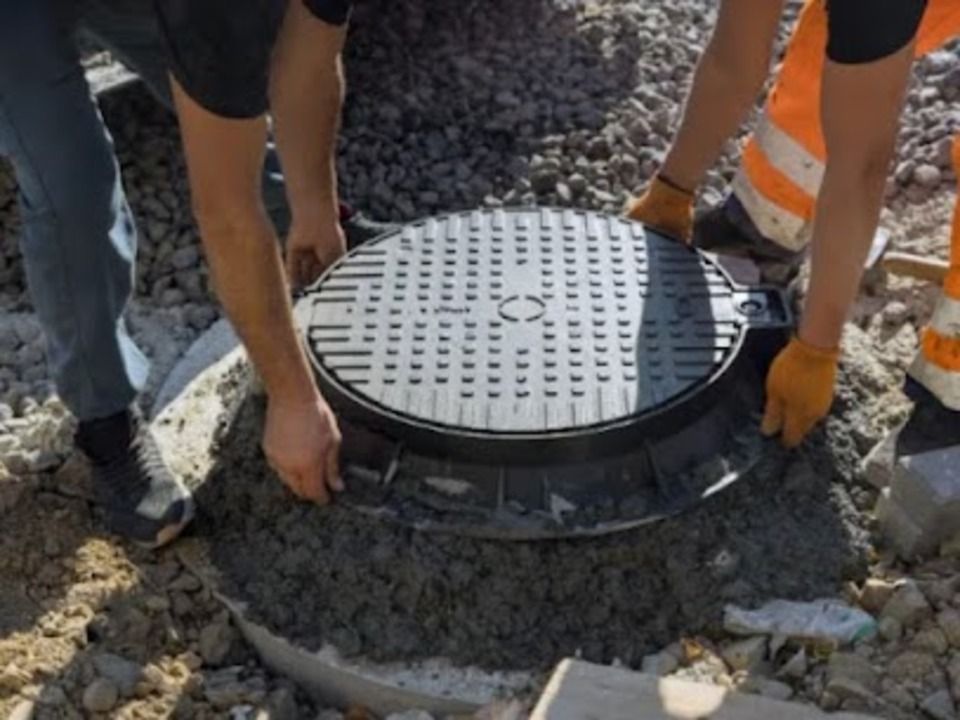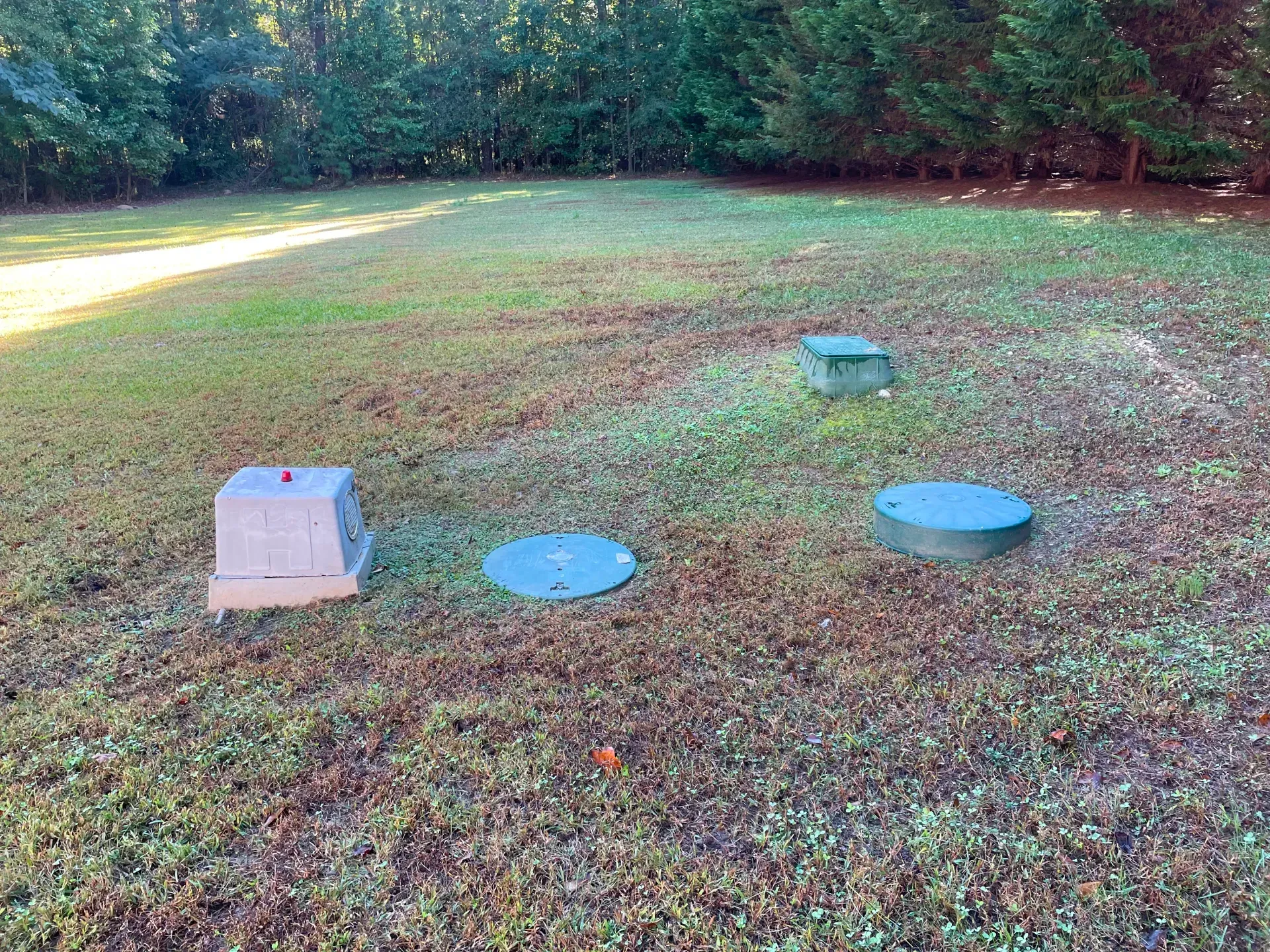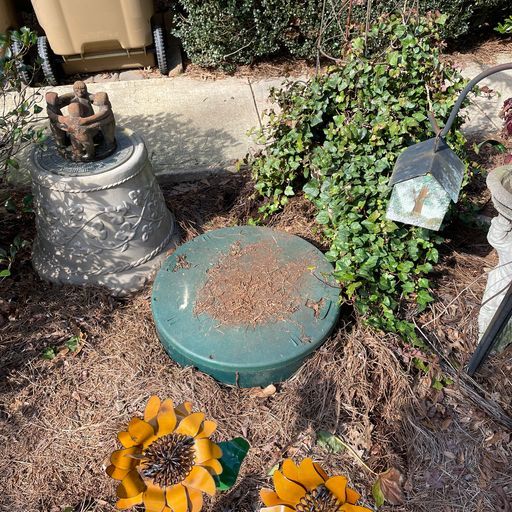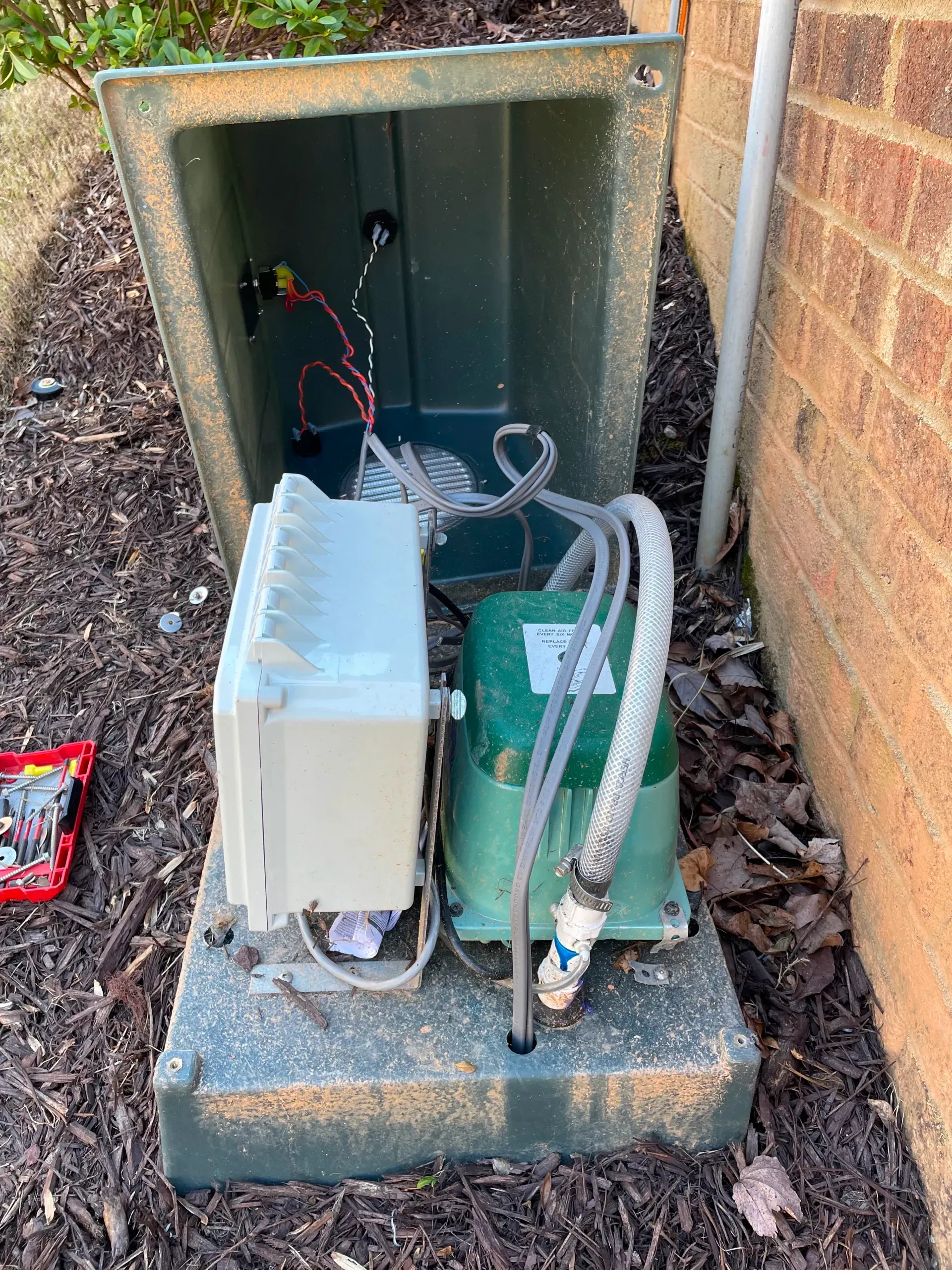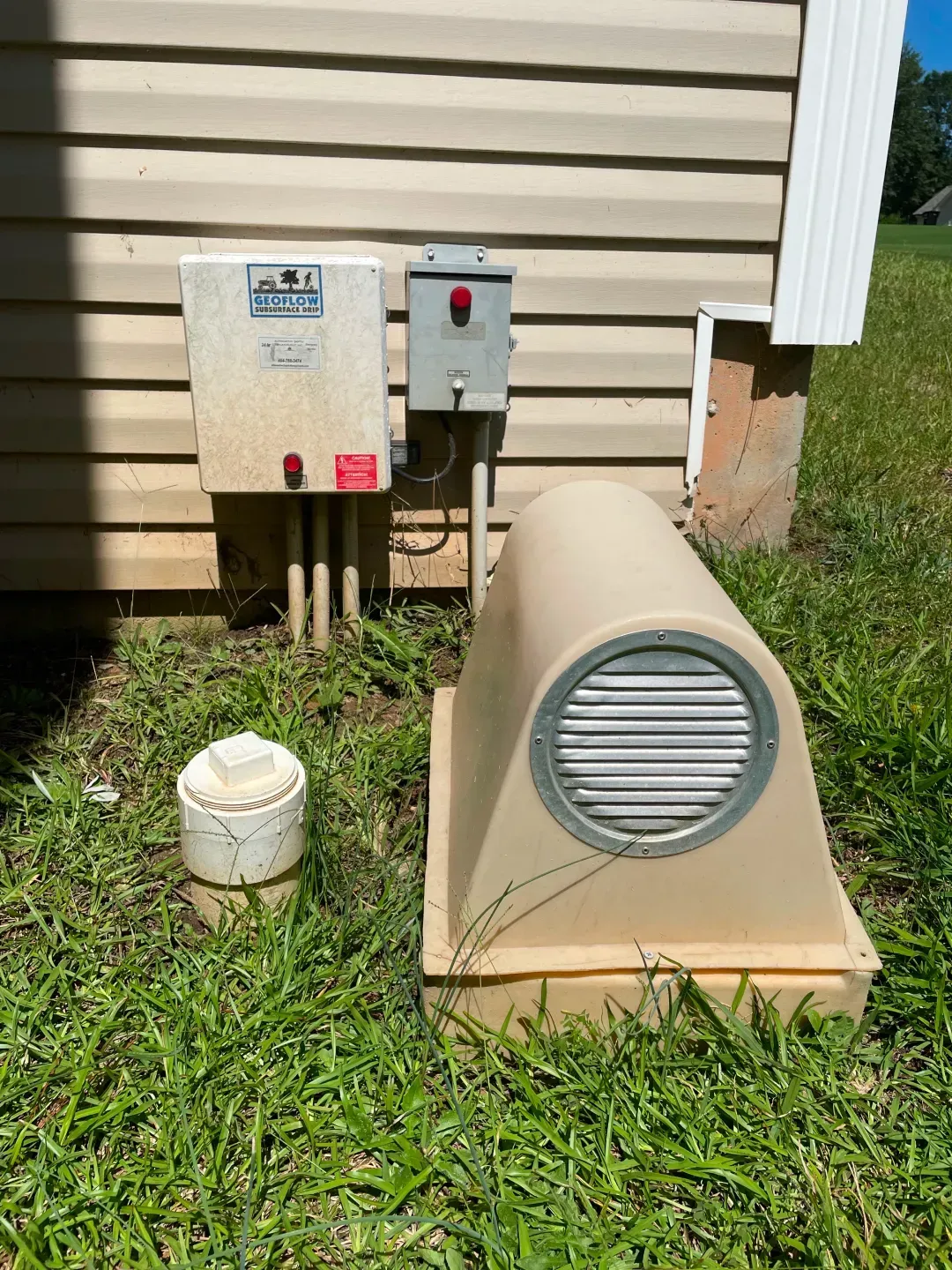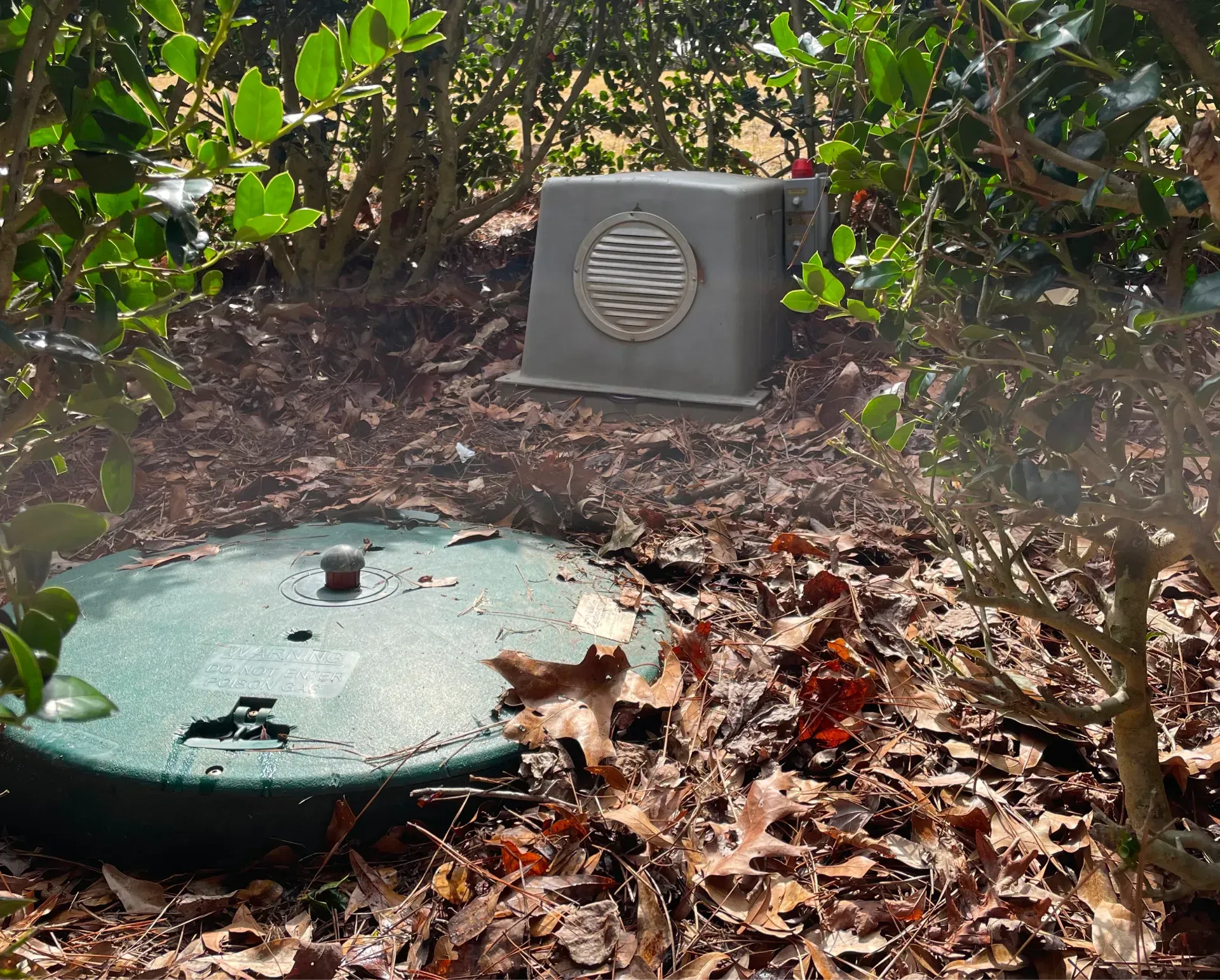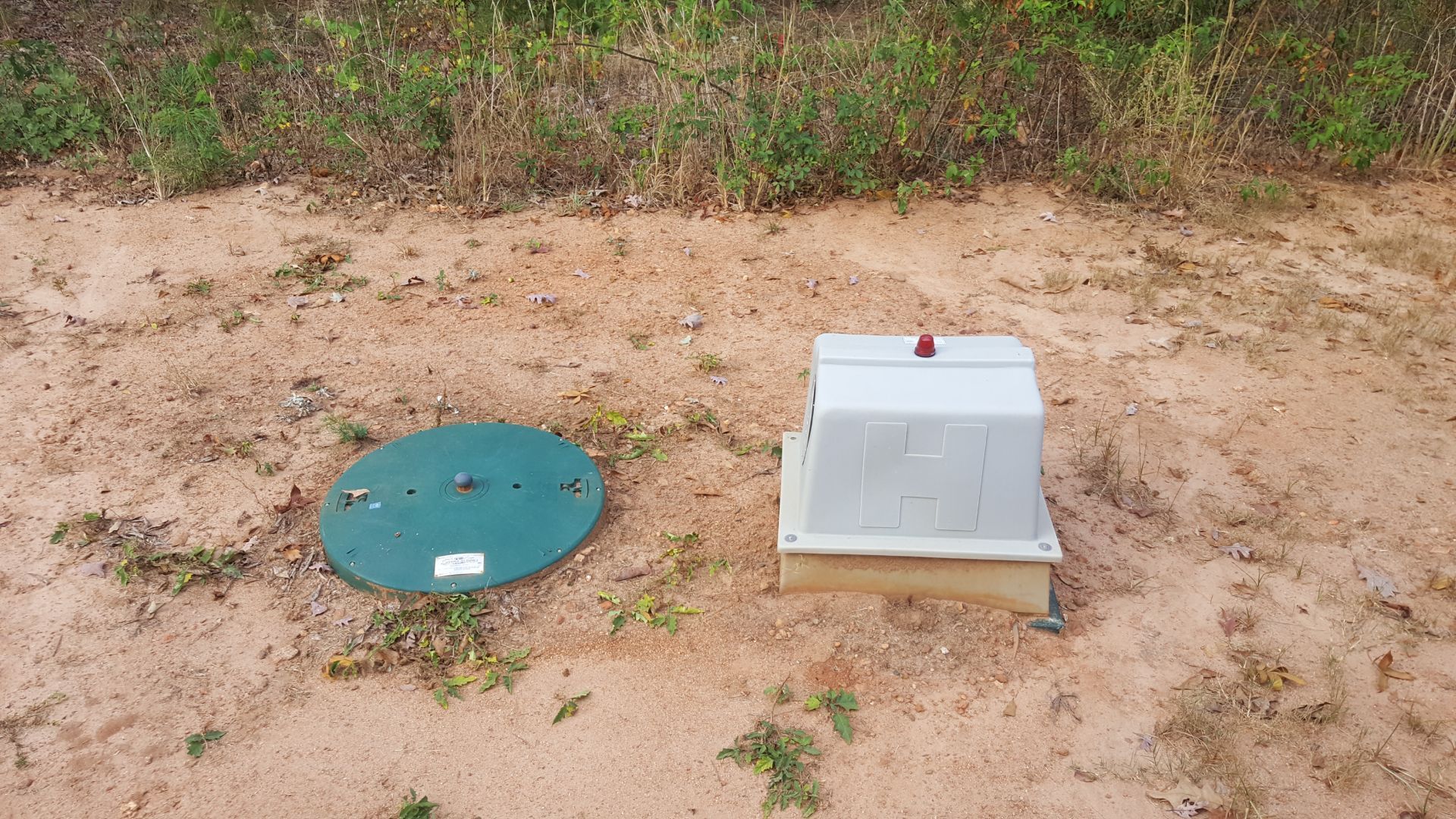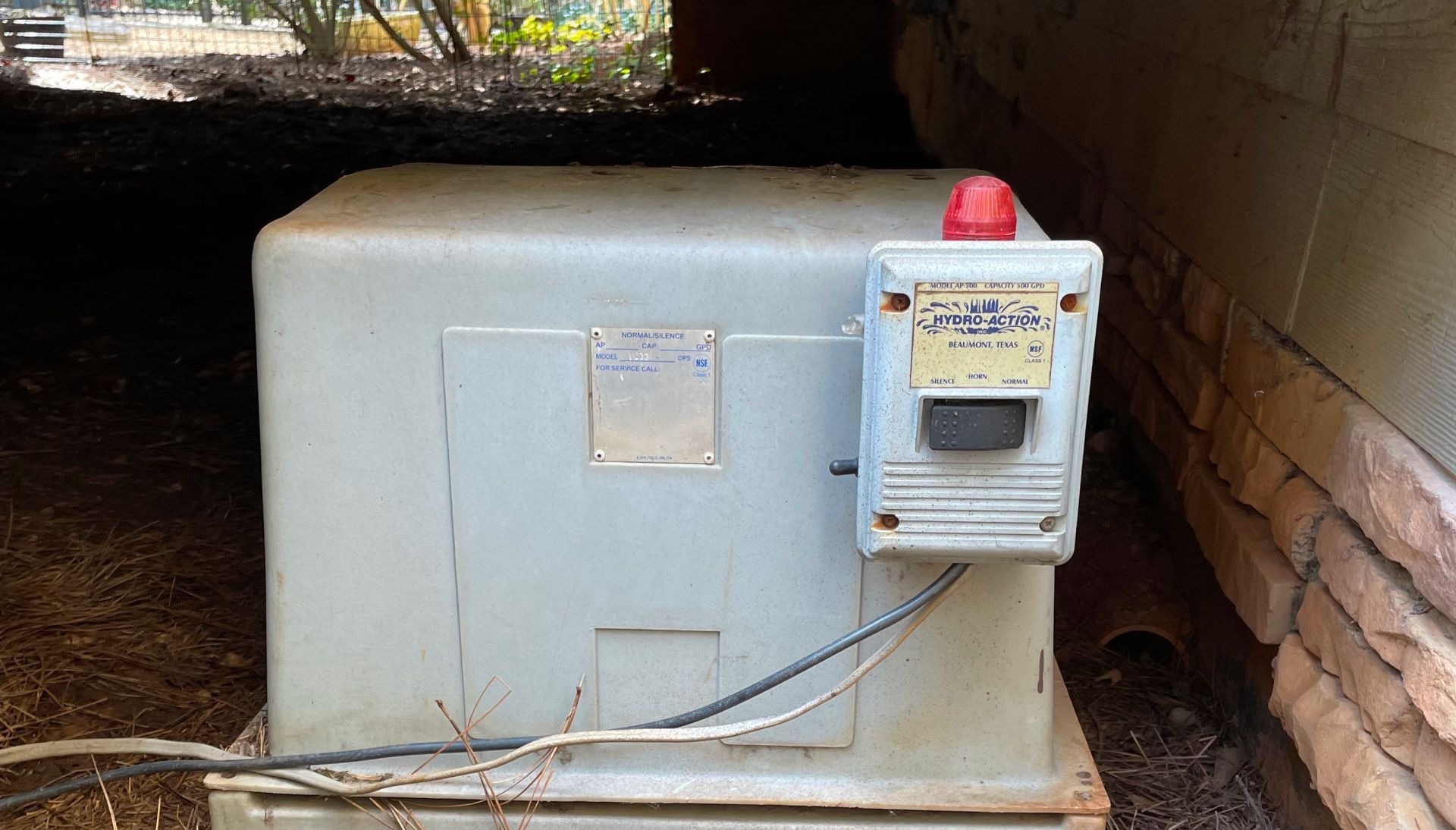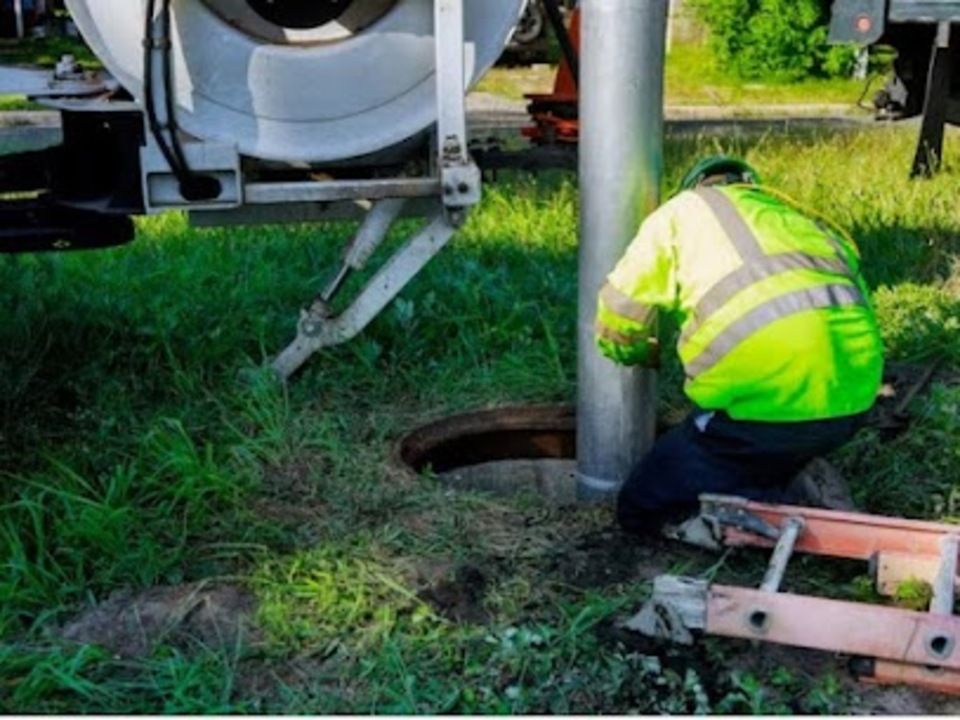Protecting Your ATU From Root Intrusion
Roots are one of the most common and damaging problems homeowners face with septic systems. For those who own Aerobic Treatment Units (ATUs), root intrusion can cause clogs, backups, and costly repairs if not found early. At Alternative Septic Management, we help Georgia homeowners understand the risks of root intrusion and the steps they can take to prevent long-term damage.
Why Root Intrusion Is a Serious Concern for ATU Systems
How Roots Interact With Wastewater Systems
Tree and shrub roots are naturally drawn to areas with moisture and nutrients, which makes septic systems an appealing target. Once roots find their way into small cracks, joints, or seams, they can grow quickly, expanding inside tanks or pipes. Hydro-Action ATUs, with their consistent water flow, are especially vulnerable because they provide exactly the conditions roots seek.
Why Fall Is a Prime Root-Growth Season in Georgia
In Georgia, fall is a key season for root growth. Cooler temperatures encourage plants to focus on expanding their root systems in preparation for winter. During this time, roots become more aggressive in their search for water, increasing the likelihood that they will enter a septic system if openings are present.
Common Entry Points for Root Intrusion
Cracks and Weaknesses in Tanks or Risers
Even small cracks in a tank or riser can provide an entry point for roots. Over time, concrete or plastic can weaken, allowing roots to take hold. Once they enter, they expand, causing further damage and reducing the system’s effectiveness.
Joints and Seams in Pipes
Pipes are another common area where intrusion occurs. Roots are skilled at detecting even the smallest separation or weakness in joints. Once inside, they can form dense clumps that block wastewater flow and put pressure on the system.
Drain Field Saturation and Vulnerable Soil
When soil in the drain field is overly saturated, it creates conditions that attract roots. Trees and shrubs in search of water may spread their roots directly into the soil around the drain field, eventually causing blockages and absorption problems.
Warning Signs of Early Root Intrusion
Slow Drains and Gurgling Pipes
One of the first signs of root intrusion is slow drainage inside the home. Sinks, showers, or toilets that take longer to empty can signal that wastewater flow is restricted. Gurgling sounds in pipes often accompany these issues, indicating partial blockages.
Lush or Uneven Grass Growth
Unusually green or fast-growing grass above a septic tank or drain field can suggest that excess moisture is present. This often occurs when roots create openings that allow water and nutrients to seep into the surrounding soil.
Odors or Standing Water
Roots that compromise tanks or pipes may cause sewage odors around the system. In more advanced cases, standing water can appear above the drain field, signaling that wastewater is not being absorbed properly.
How We Detect Root Intrusion Early
Professional Inspection of Hydro-Action ATUs
At Alternative Septic Management, our inspections focus on uncovering weak spots in Hydro-Action systems. We carefully examine tanks, risers, and lines for cracks or openings that may allow roots to enter. By checking these areas in detail, we can spot vulnerabilities before they lead to major damage.
Camera Inspections and Advanced Diagnostics
For a closer look, we use specialized tools that allow us to view the inside of pipes. Camera inspections reveal whether roots have begun growing inside the system and help us identify the exact location of the intrusion. This approach allows us to recommend precise repairs instead of relying on guesswork.
Drain Field Evaluation
We also evaluate the condition of the drain field during inspections. Signs of oversaturation, uneven absorption, or visible root intrusion in the surrounding soil are carefully noted so that corrective steps can be taken.
Preventing Root Intrusion Before It Starts
Smart Landscaping Choices Around Septic Systems
Prevention often begins in the yard. Certain trees, such as willows, maples, and oaks, have aggressive root systems that should never be planted near septic systems. Safer options include shallow-rooted grasses or ornamental plants that do not extend deeply into the soil.
Regular Maintenance and Inspection
Routine maintenance is one of the most effective defenses against root intrusion. Scheduled inspections allow us to identify small cracks, weak seals, or early root growth before the problem escalates. By catching these issues early, homeowners avoid expensive repairs and system downtime.
Repairing Small Cracks or Weaknesses Promptly
When vulnerabilities are found, prompt repair is key. Even a minor crack can provide enough space for roots to take hold. Sealing or repairing damaged components as soon as they are discovered prevents intrusion and helps maintain system integrity.
The Role of Professional Service in Protecting Your ATU
Why DIY Solutions Are Not Enough
It can be tempting to try store-bought root treatments or home remedies, but these solutions rarely provide lasting results. In some cases, chemical treatments can even damage system components or harm the beneficial bacteria inside aerobic treatment units. Professional service ensures that roots are addressed correctly without compromising system performance.
How Our Team Protects ATU Systems in Georgia
Our technicians understand the unique challenges Georgia homeowners face. From local soil conditions to seasonal growth patterns, we have the expertise to protect ATUs from root intrusion. We combine careful inspection with reliable solutions that keep your system running efficiently.
Maintain Your ATU With Professional Service
Root intrusion is one of the most common problems we see in Georgia, but it does not have to become a costly issue. With regular inspections, smart landscaping, and timely repairs, you can protect your aerobic treatment unit and enjoy reliable performance year-round. If you have noticed slow drains, odors, or other signs of early intrusion, scheduling a professional inspection is the best next step. At Alternative Septic Management, we are here to provide dependable service and long-term care to keep your system healthy. Call or text 404-788-3474 or visit our website to
schedule service or an inspection today.

